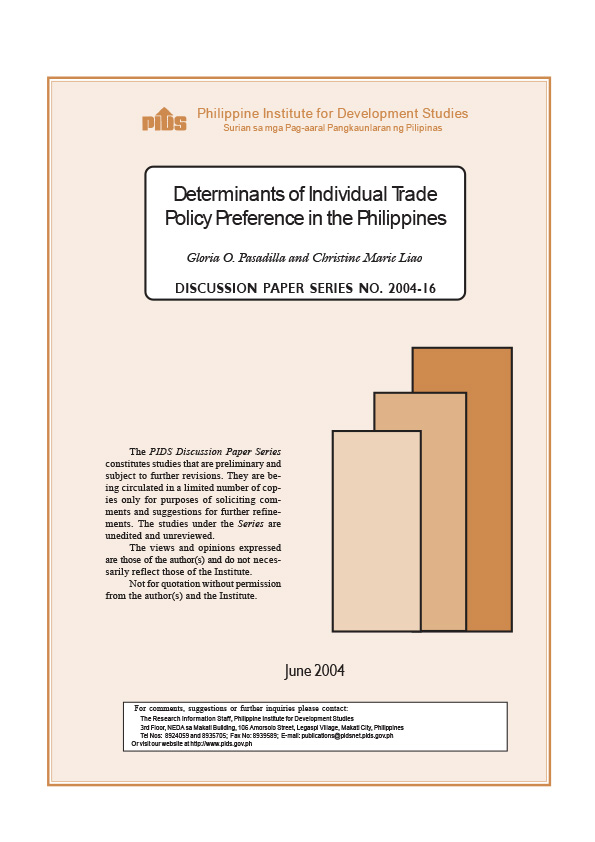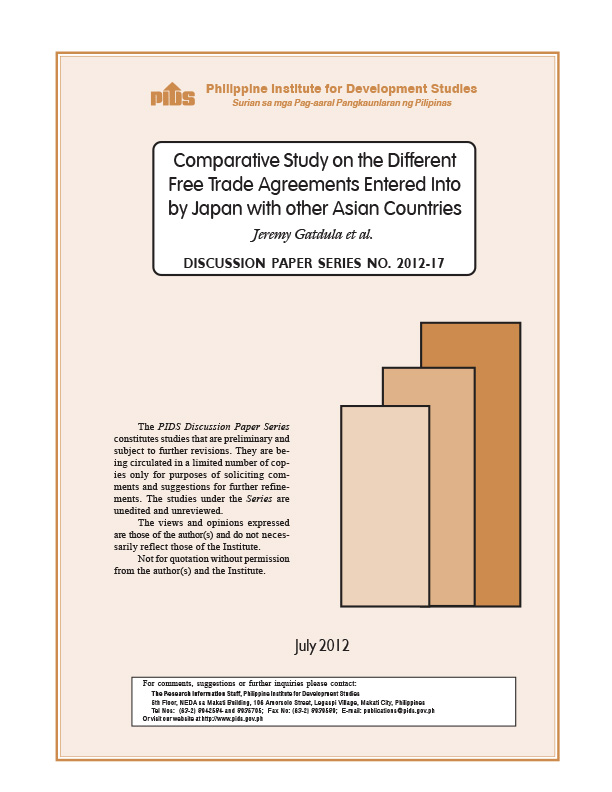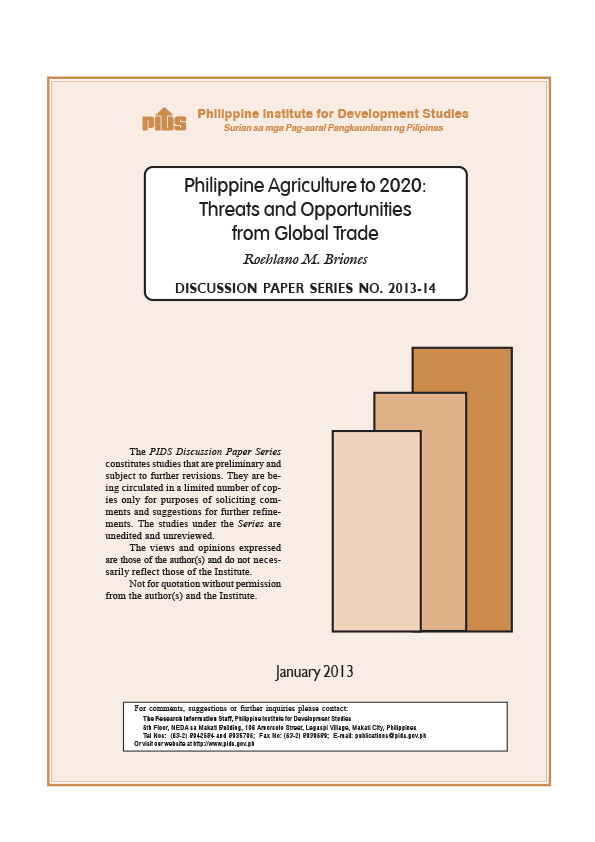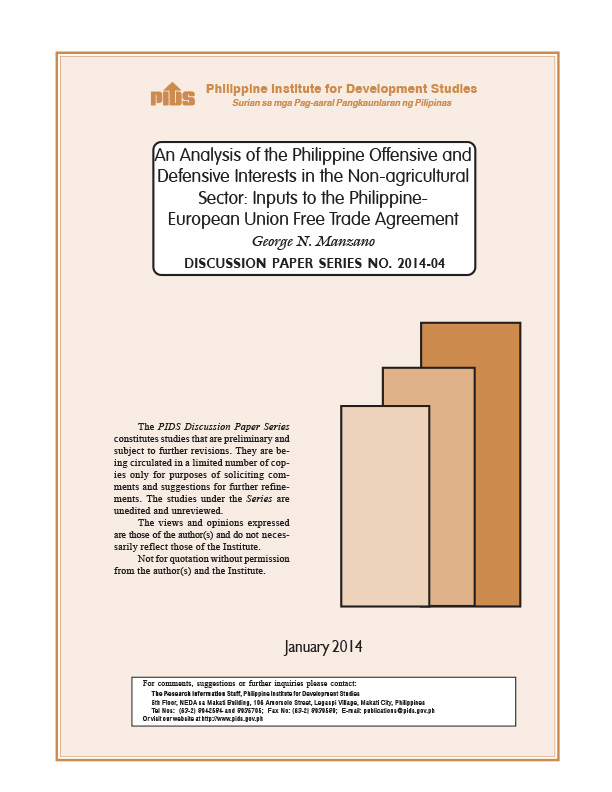In a democratic country, economic policies succeed or fail depending on its political support. Open trade policies that were initiated and accepted years ago, in particular, can be reversed, within the limits of the country’s international commitments, depending on the government’s conviction as well as popular pressure. If trade policy were to be subject to a national vote, doubtless, many would show inclination towards greater protectionism. Using ISSP survey data for the Philippines, the paper examines factors that affect individual preferences towards more protectionism as well as towards greater trade liberalization. It finds, surprisingly, that years of education, economic class, employment in public sector, and urban population negatively correlate with pro-trade attitude. In the case of the negative relation of years of education with pro-trade preference, the authors argue that this has its justification in the Hecksher-Ohlin-Samuelson model of trade and factor returns.
Citations
This publication has been cited 1 time
- Teng, Faxin. 2008. Warum sind manche Individuen und Länder protektionistischer als andere? [Why Are Some People and Countries More Protectionist than Others?]. MPRA Paper 31958. University Library of Munich, Germany.













